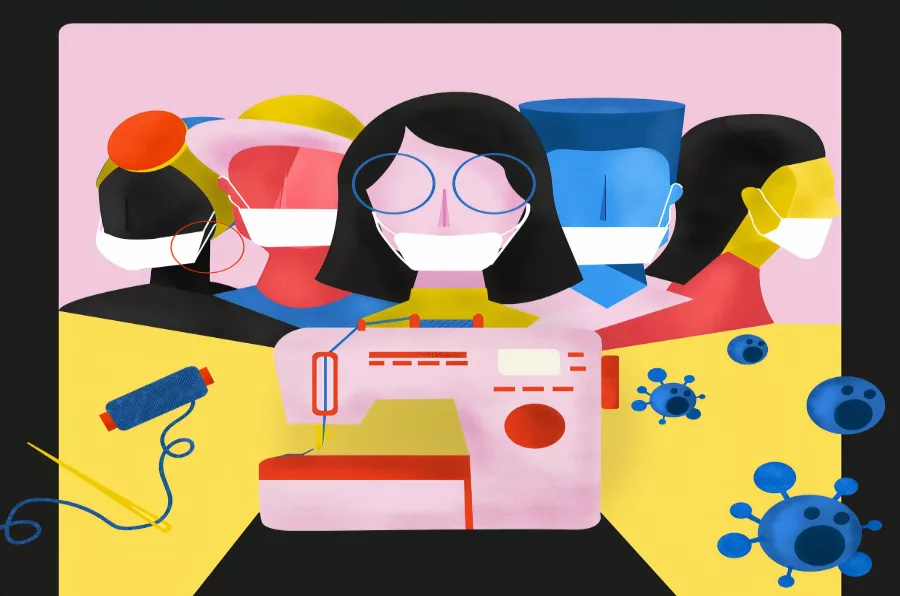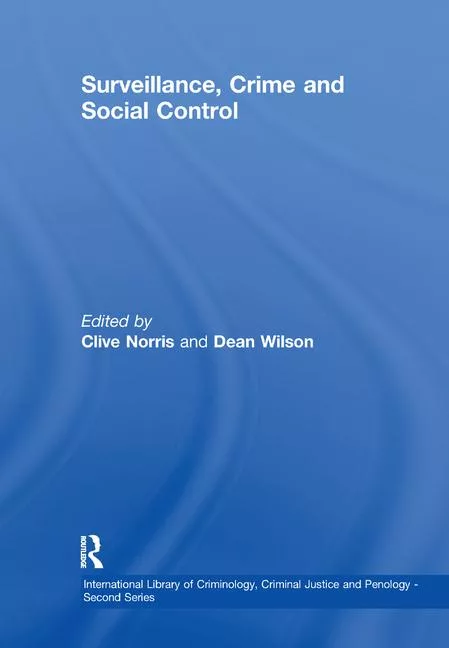Counterfeits and quality control in a crisis

Counterfeiters do not take time off. At its core, counterfeiting preys upon our vulnerabilities and takes advantage of the average customer at any cost. This is particularly true right now during the coronavirus pandemic, the most inconvenient and vulnerable moment in generations.
In the midst of mass shortages and colossal demands for certain products, especially in the health field, the counterfeit community has seen a golden opportunity. Over the past few months, tens of millions of new counterfeit products have been seized or identified on the web. These include fraudulent face masks, ventilators, disinfectants and testing kits.
Across China, authorities seized more than 80 million counterfeit or faulty masks in March alone, along with 370,000 defective or fake disinfectants and other “anti-coronavirus products.” Similar reports are cropping up in other countries around the world, adding undue fears to a population already on the edge.
“The illicit trade in such counterfeit medical items during a public health crisis shows a total disregard for people’s lives,” says the Secretary General of Interpol, Jurgen Stock, in an interview with BBC.
In addition to counterfeits or ripoffs of trusted products, bad actors have flooded the e-commerce market with fake medicines, vaccines, and other products that wrongly promise to treat or prevent COVID-19. As of early May, Amazon had banned more than 1 million products claiming to cure or protect against a disease with no medically approved remedy.
“Best-case scenario, (fake medicines) probably won’t treat the disease for which they were intended,” says Pernette Bourdillion Esteve of WHO, also interviewing with BBC. “But worst-case scenario, they’ll actively cause harm, because they might be contaminated with something toxic.”
Counterfeits in the healthcare space have been an alarming trend for years. The ongoing pandemic creates an entirely new wave of threats and consequences related to counterfeit medicine and medical goods. With each counterfeit that makes it to market, experts warn of the potential for prolonged treatment, new side effects, death and further spread of disease, which has an immeasurable impact on the global recovery effort.
Quality control and defense
The personal protective equipment (PPE) space has faced overwhelming demand over the course of this pandemic. In light of rising counterfeit threats, and suppliers are now forced to ramp up quality control measures, along with legal efforts against fraudsters.
Industry leader 3M is just one of the organizations receiving increasing reports of fraudulent and counterfeiting activities involving its products. The company has ramped up its production of face and respirator masks to the tune of 1.1 billion this year in an effort to give medical teams and now the public critical protection against the spread of COVID. In April, U.S. Customs and Border Protection announced they had seized 2,000 counterfeit masks being passed off as 3M products. The manufacturing giant is now aligning with government agencies to block production and sales of imposter products, and in some cases, is directly suing companies that appear to be violating its trademarks.
In a perfect world, the government would be able to block counterfeits from seeing the light of day. Due to the internet and e-commerce marketplaces such as Amazon, on top of the millions of physical retailers without proper oversight, that is an increasingly troublesome task. This often places the responsibility, unfortunately, on businesses and customers. In this case, that means hospitals and the billions of civilians trying to stay healthy and safe right now.
Tracking your assets to stop counterfeits
A key component of modern quality assurance is the tracking and authentication of individual assets, helping to protect businesses and their customers alike. Cutting-edge tracking and authentication solutions not only help companies track down their shipments at any point in the supply chain, but also log details on ownership and handling every step of the way. These kinds of solutions have been used to enhance pharmaceutical traceability and tracking of military assets, with other use cases across the global supply chain.
The scourge of counterfeiting is an epidemic all its own, and it’s making an already grim situation even more challenging for both businesses and customers. Adopting the right tools can help supply chain professionals stay proactive in the fight against counterfeiting, providing peace of mind to companies and those they serve during an uncertain time.
Looking for a reprint of this article?
From high-res PDFs to custom plaques, order your copy today!




.webp?height=200&t=1666723484&width=200)




